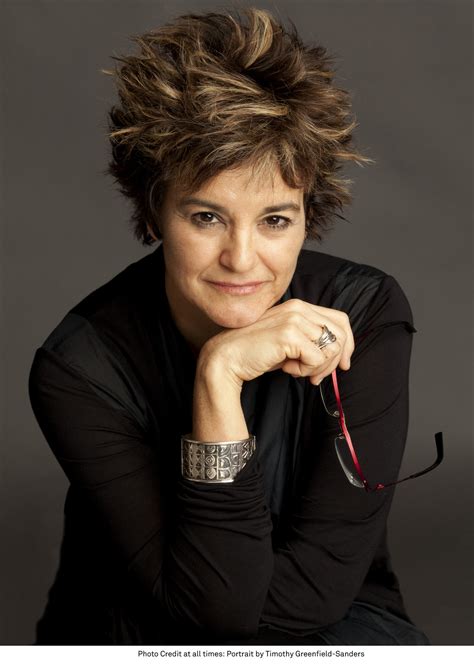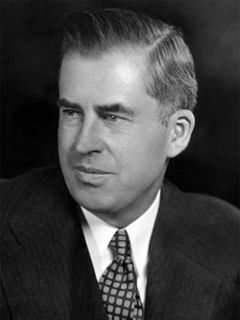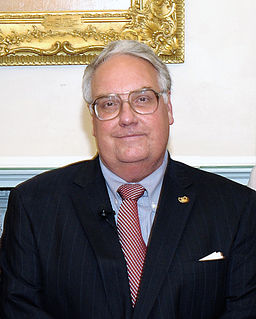A Quote by Mari Carmen Ramirez
Latin American Art is an operational term used to describe art actually made in the more than twenty countries that make up Latin America and that encompass Mexico, Central and South America, and the Caribbean.
Related Quotes
Mexico City is the center of art and culture and politics and has been and continues to be for Latin America in a way that I think really called to me as an artistic person, as someone that was interested in the politics of Latin America, you know. God, every single famous person in Latin American history and art and politics seems to have found their way to Mexico City.
If it is an element of liberation for Latin America, I believe that it should have demonstrated that. Until now, I have not been aware of any such demonstration. The IMF performs an entirely different function: precisely that of ensuring that capital based outside of Latin America controls all of Latin America.
Latinos are not monochromatic. You know, they trace their ancestry back to South America, to Central America, to Mexico, like in my family, and the Caribbean. And it's - we're a very diverse group. And we care about a lot more than just immigration, though we're passionate about having sensible immigration policies that don't go after our families.
Things have changed in Latin America now. We mostly have democratic governments in Latin America, so the position of the writer has changed. It is not as Neruda used to say, that a Latin American writer walks around with the body of his people on his back. Now, we have citizens, we have public means of expression, political parties, congress, unions. So, the writer's position has changed, we now consider ourselves to be citizens - not spokespeople for everybody - but citizens that participate in the political and social process of the country.
Latin America was the most obedient follower of the neoliberal regime that was instituted by the United States, its allies and the international financial institutions. They followed it most rigorously. Almost everyone who's followed those rules, including the Western countries, have suffered. And in Latin America they suffered severely.




































